
Wives’ Care Partnering Tips
Two wives caring for their husbands with dementia generously share their experiences and offer caregiving tips to those find themselves in a similar position with a loved one.

Two wives caring for their husbands with dementia generously share their experiences and offer caregiving tips to those find themselves in a similar position with a loved one.
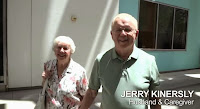
Verna and Jerry Kinersly were happily married for nearly 68 years. See why they were glad to have found the Lou Ruvo Center for Brain Health.
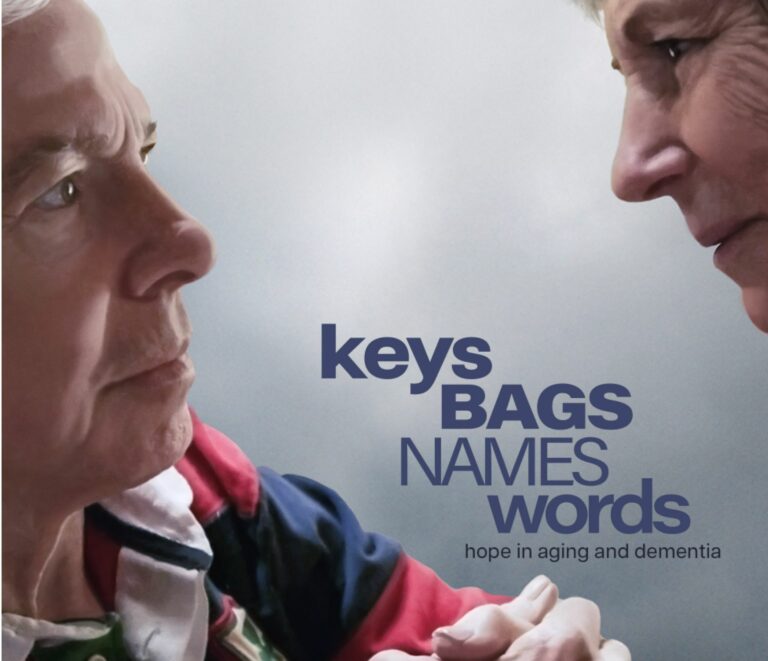
“Keys Bags Names Words” is a hopeful Alzheimer’s movie. The film portrays stories of young scientists and artists from around the world in, their effort to help those who are affected.

Bringing art and creativity into elder care settings helps families reconnect with loved ones who have dementia. In this moving talk, Anne Bastings shares how.

The co-founder of a caregivers’ organization introduces technology he has found helpful in caring for his grandmother with dementia.

People with dementia are enjoying yoga and dance classes at the Alzheimer’s Association. See why caregivers find the classes “EXTREMELY helpful.”
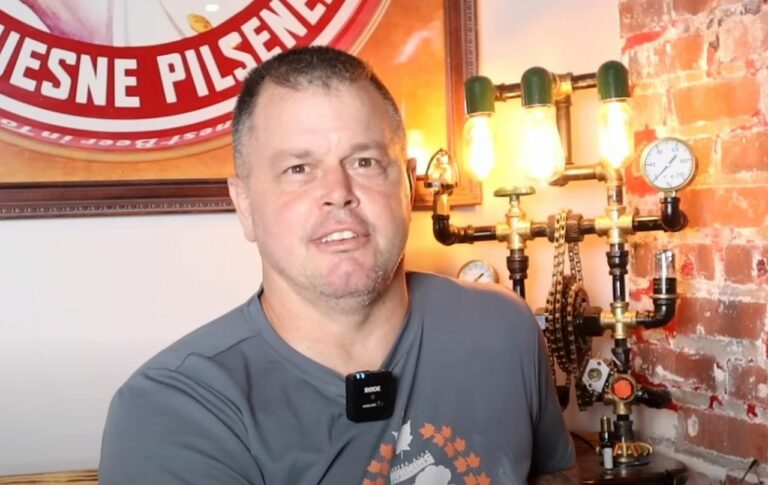
What’s it like having early-onset dementia? Find out today from Jason, who shares his answers with viewers who have asked about his experiences and those of his wife Leslie.

Gary, a former dentist living in a dementia care center, gets confused — and it worries him. See staff “redirect” him and relieve his anxiety.
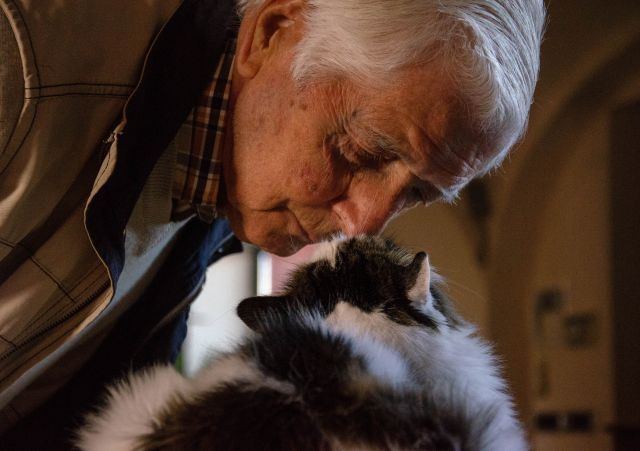
Researchers in Florida find that robotic pet cats improve mood, behavior and cognition in older adults with mild to moderate dementia. Find out more.

Can miniature towns make dementia care more humane? Designers of The Hogeweyk dementia village in Netherlands believe so.
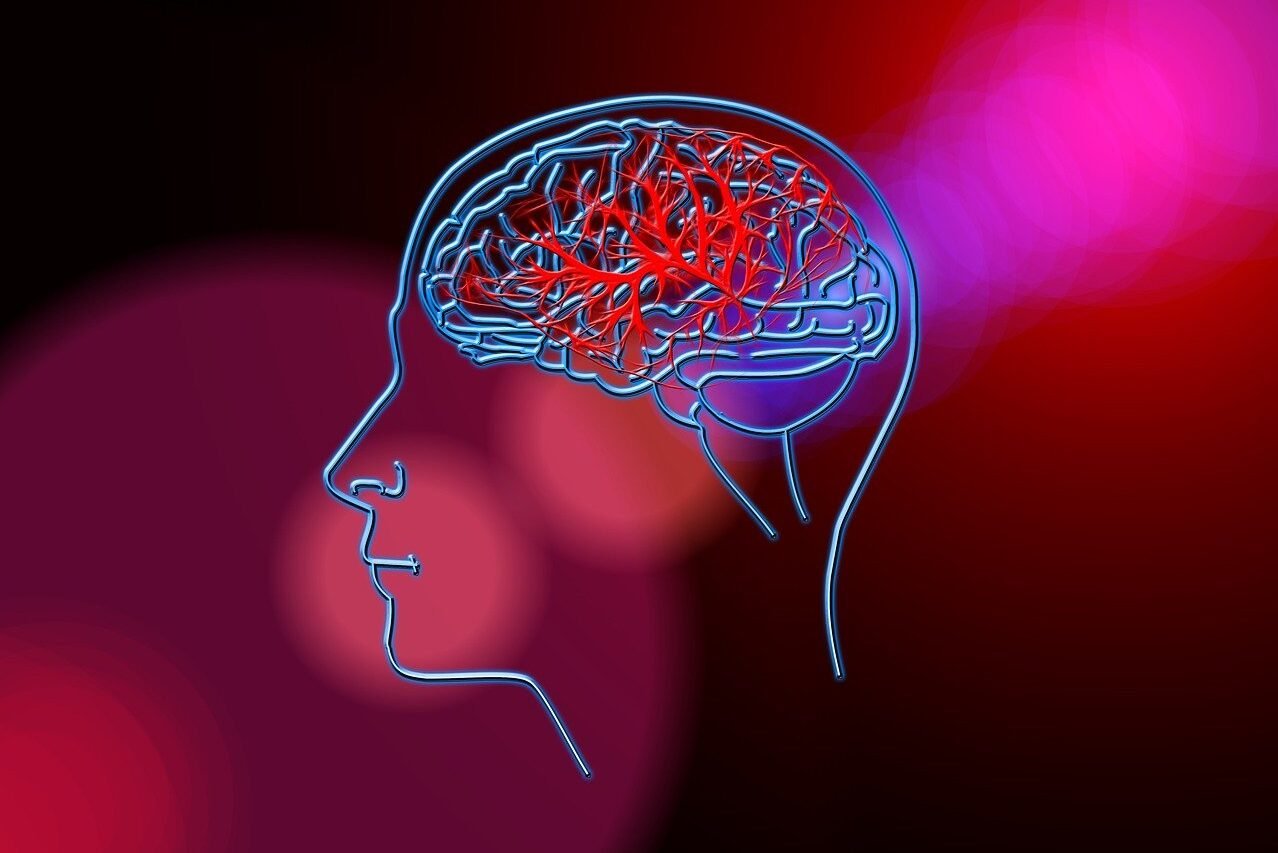
Scientists say the neurons responsible for transforming experiences into memories are always the first to go in Alzheimer’s. Now they’re taking a closer look to try to figure out why, and what to do about it.

A research study finds when young healthy men had a full, uninterrupted night of rest, their blood levels showed a reduced level of tau, the biomarker for Alzheimer’s disease. The level was higher when they lost just one night of sleep. Learn more.

Higher midlife omega-3 levels were linked to lower early-onset dementia risk. It’s not proof — but it’s a meaningful signal worth paying attention to.

Dietary iron is an essential element in the brain. That’s why it is critical to understand how it affects Alzheimer’s. Researchers used advanced X-ray techniques to take a giant step forward in understanding iron chemistry in amyloid plaque, the main culprit behind Alzheimer’s. Learn more about their exciting new insights.
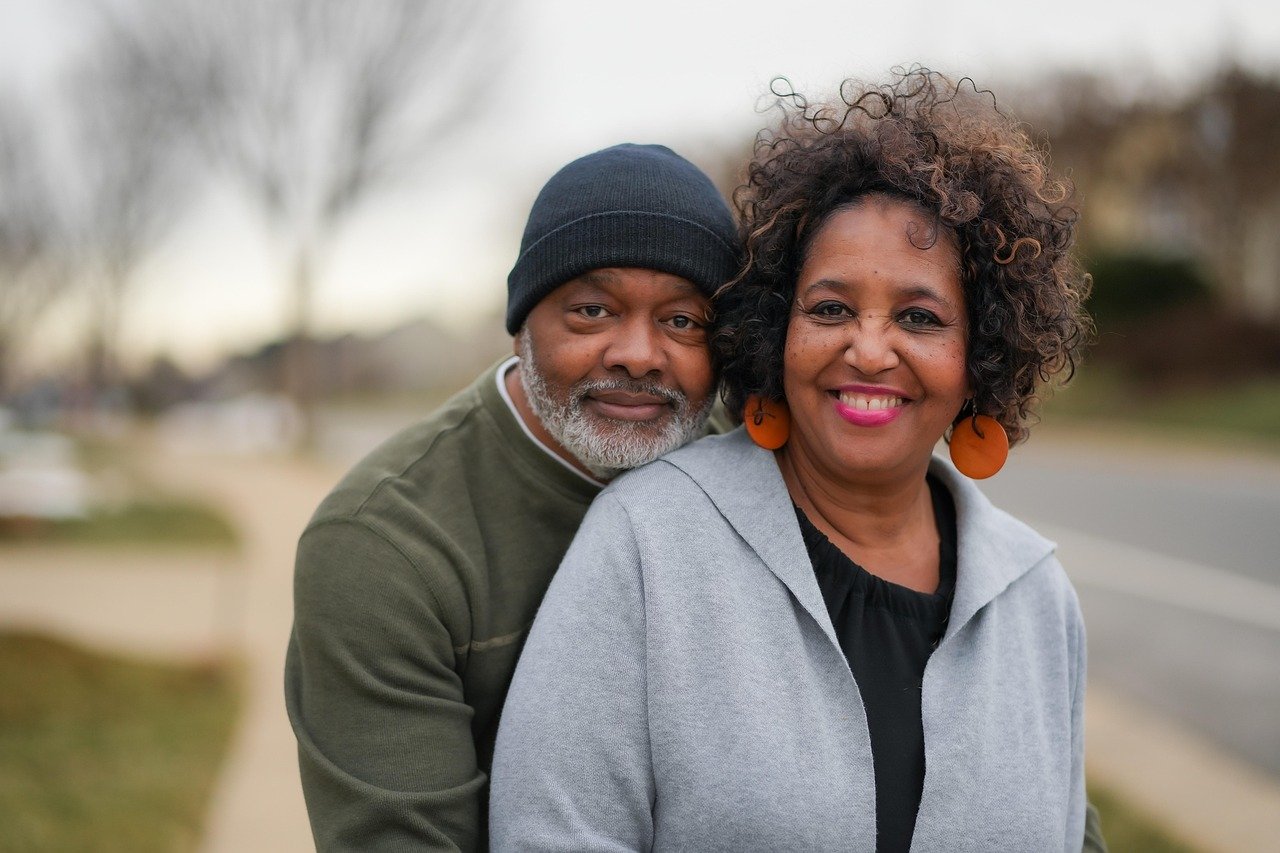
A deep promise to be there for an Alzheimer’s parent, this heartwarming song was written as a tribute to families facing dementia.
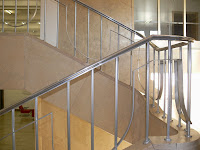
EMERGENCIES due to falling happen 54% more often in dementia. As a rule, 1-in-3 adults over 65 fall each year. Most falls happen at home. Make a few simple changes and prevent falls.
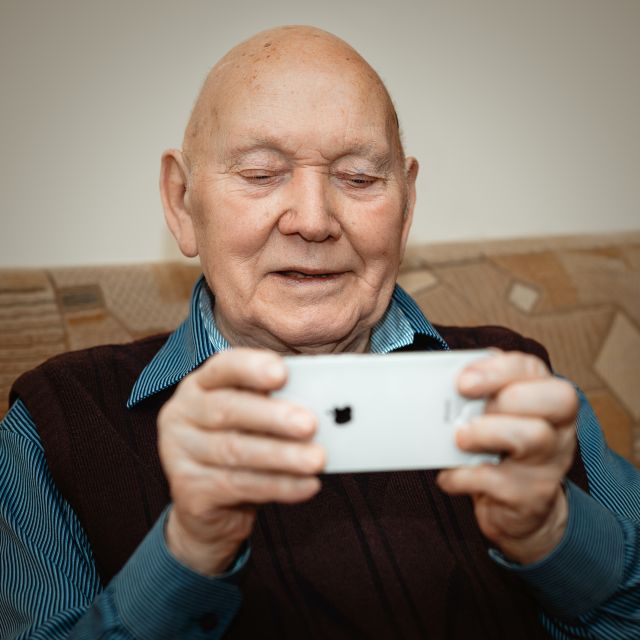
Researchers find education and intellectual stimulation appear to activate a genetic program in the brain that promotes resistance to cognitive decline. Find out more.
No spam, only news and updates.


